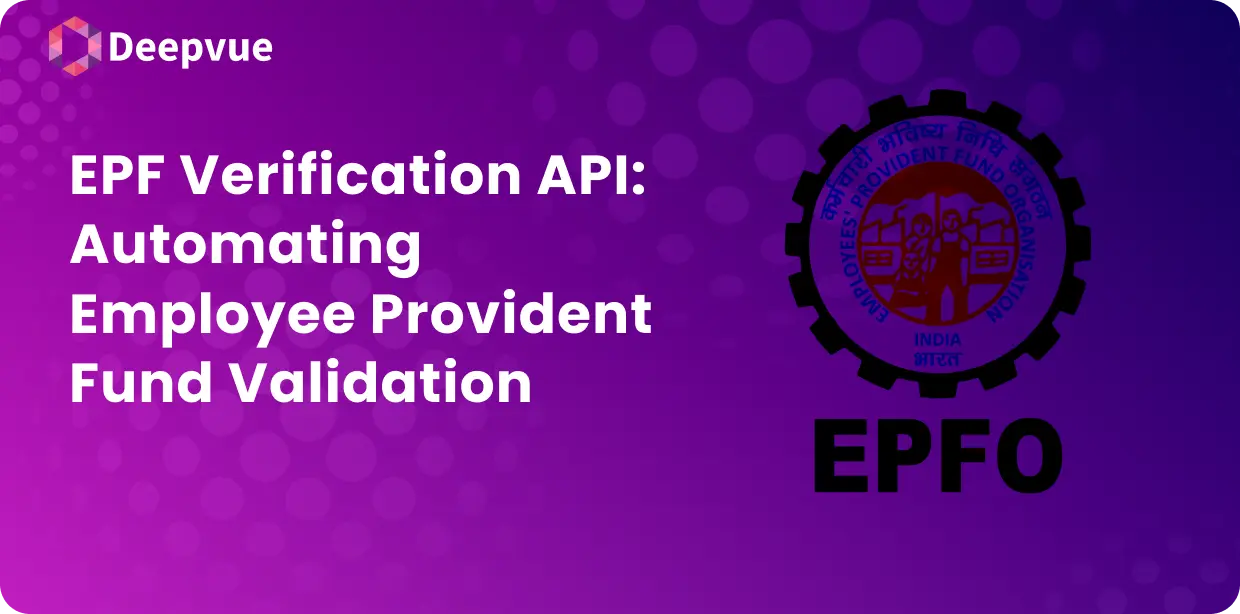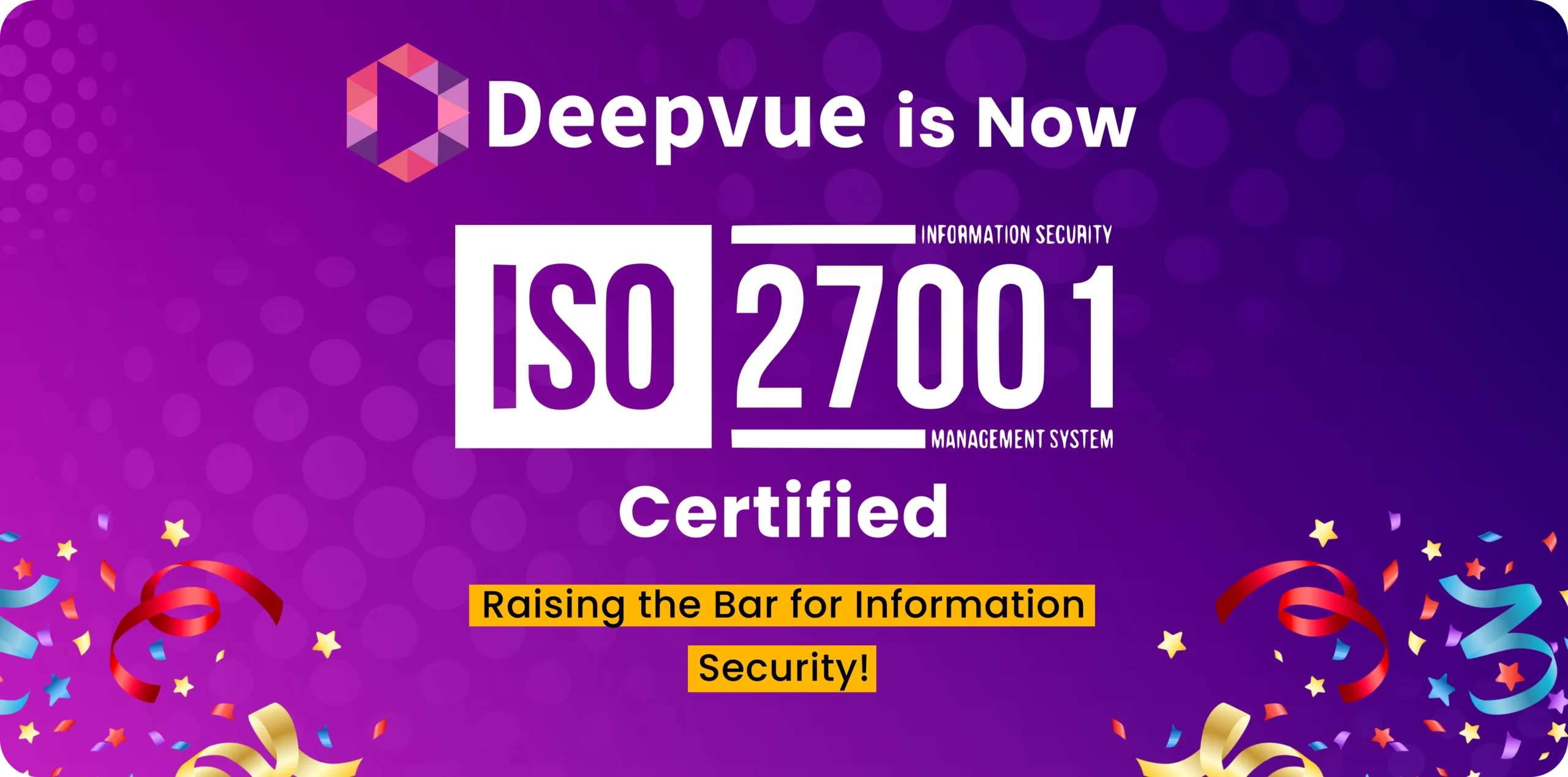Mastering personal finance management begins with understanding its key concepts and tools. By familiarizing yourself with these terms and applying them to your financial planning, you can make smarter choices and pave the way to a secure and fulfilling future.
Effective PFM isn’t just about saving money—it’s about building habits that empower you to handle life’s uncertainties with confidence. Whether it’s creating a budget, tracking expenses, or setting long-term goals, every small step counts toward financial independence. Leverage technology to simplify your efforts, stay informed about your financial health, and prioritize actions that align with your aspirations.
What is Personal Finance Management (PFM)?
Personal Finance Management is a strategic method for the management of your funds ensuring an excellent future. It is very important to prepare an extensive budget and define financial goals while making wise decisions in building an effective PFM strategy. The primary aim of PFM is long-term financial security. Using the earnings and financial resources prudently will help in achieving your financial goals and aspirations.
Matching up your financial endeavors and wellness with a methodical approach is possible. By making consistent efforts to put money in the right place you can achieve your life’s objectives, whether it a home ownership, stress-free daily spending, or stress-free retirement.
Pillars of Personal Finance Management
Income
The income you receive from your investment, job, or other sources plays an important role in personal finance management. This helps in setting the limit on the amount of money you can save, spend, and invest. A good income source through passive income streams, career advancement, and side hustles can create opportunities and flexibility in your financial plans.
Saving
Saving money is essential to ensure financial stability and safety for future needs. Money put aside for retirement, emergency funds, etc will make sure that unforeseen expenses will not make you stray from your financial objectives. Consistent saving of money from your income will create a financial safety net.
Spending
Creating a budget with the tracking of income as well as expenditure will also be essential in formulating an effective spending plan and not spending excessively in the process. Making wise financial decisions is effective when it comes to managing your needs and desires. To preserve financial stability and stay far away from debt, this equilibrium is a mandate.
Investing
Investing is putting your money in sources that will generate a solid amount in the long run. These can be bonds, stocks, real estate, or other assets. They will help you build up money and achieve financial security. Even small investments can quickly add up with compounding, helping you outperform inflation and eventually improve your financial independence.
How Does PFM Support Customer Needs?
As customers balance managing money across numerous financial accounts in a way that suits their lifestyle, personal finance management (PFM) solutions have grown in importance and complexity.
The days of a customer having only one bank account are long gone. The typical consumer now has five to seven accounts with different financial providers, and many have twenty or more accounts at various financial institutions and fintechs, ranging from checking and savings accounts to credit cards, brokerages, loans, retirement accounts, and more.
For banks, credit unions, and other financial institutions, PFM technologies embedded within these solutions are now a “must-have” for building increased client engagement, loyalty, and retention. With the possibility of multiple accounts at their fingertips, customers are going to jump ship on their financial provider very quickly if they can’t get the tools and information they need.
Conclusion
Mastering personal finance management is first and foremost about mastering the key concepts and tools of this activity. Once you are familiar with all these terms and apply them in your financial planning, you can make smarter choices that pave the way to a secure and fulfilling future.
Remember, personal finance is a lifelong journey. Stay proactive, review your strategies regularly, and adapt to changes in your circumstances. Start today, and watch your efforts shape a more secure tomorrow.
FAQ:
Why is personal finance management important?
PFM will assist you in monitoring your financial situation, making future spending plans, cutting back on wasteful spending, managing debt, and achieving long-term financial stability.
How can I properly start building a budget?
List all of your income and expenses first, then classify your spending, set spending caps for each category, and periodically check your budget to make sure you’re staying on track. This can be made simpler with the help of tools like budgeting apps.






